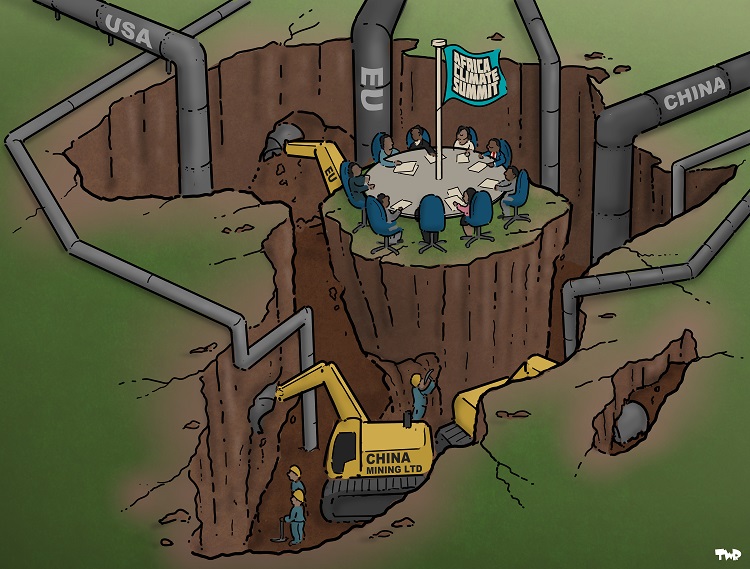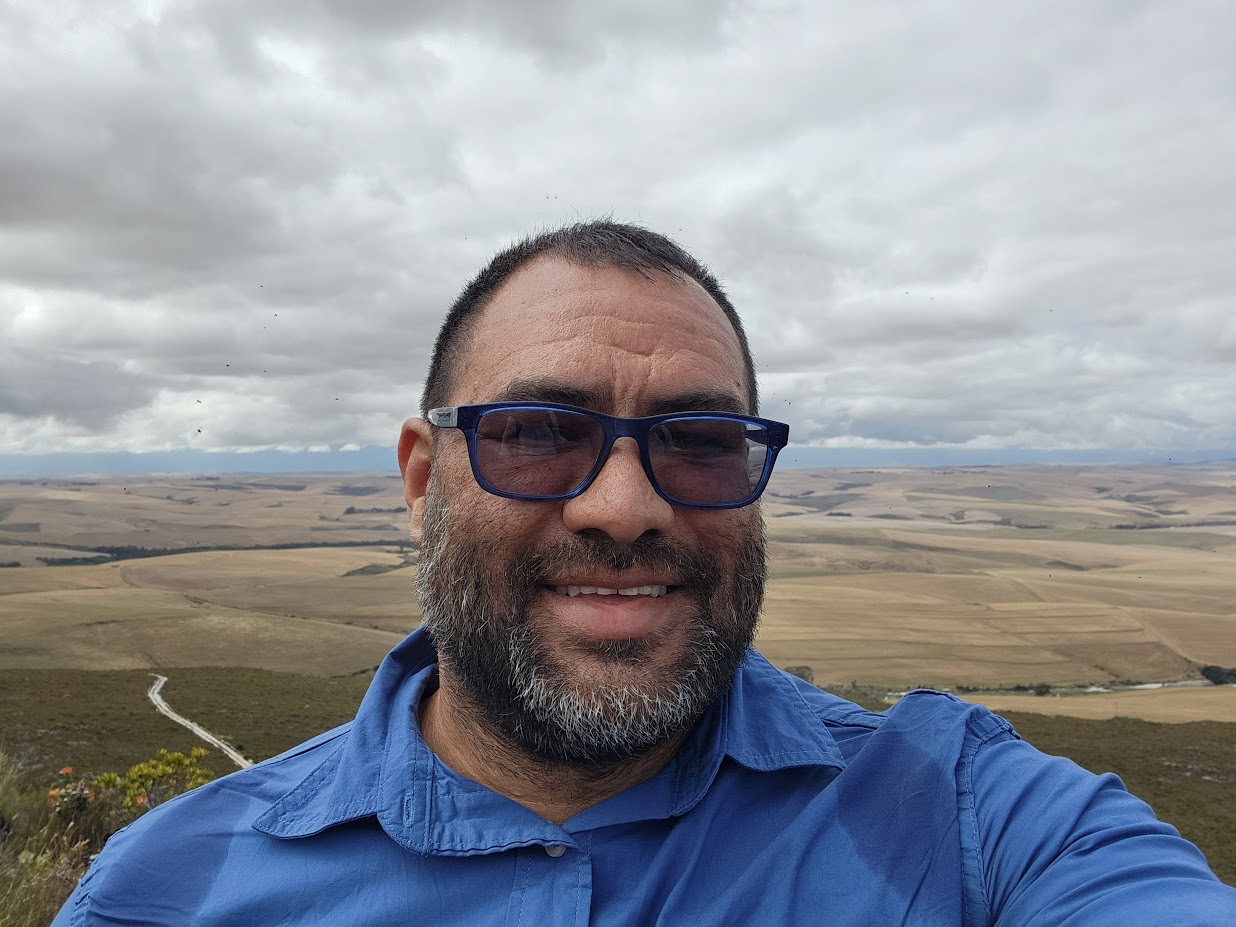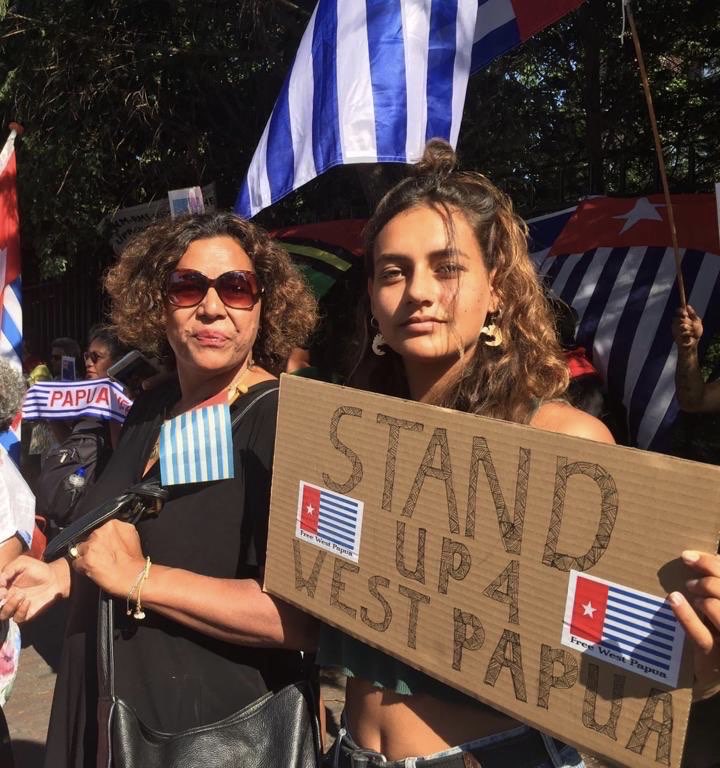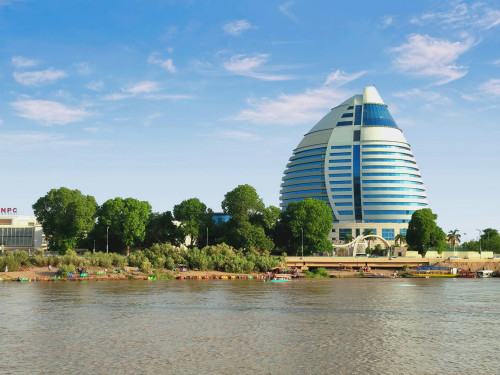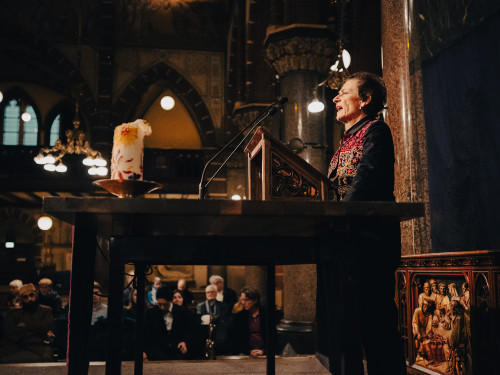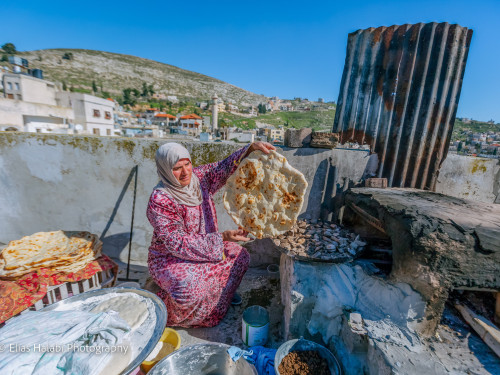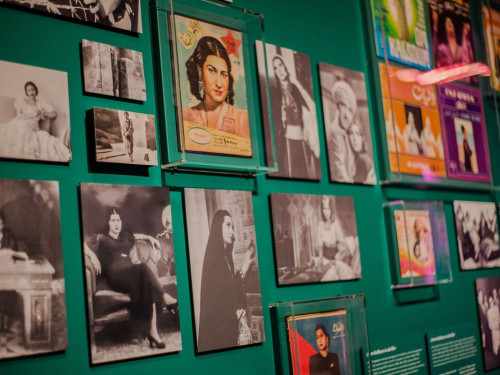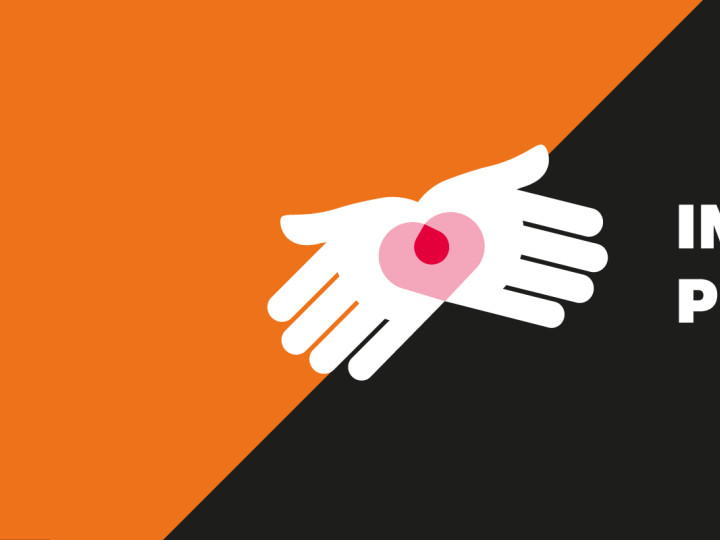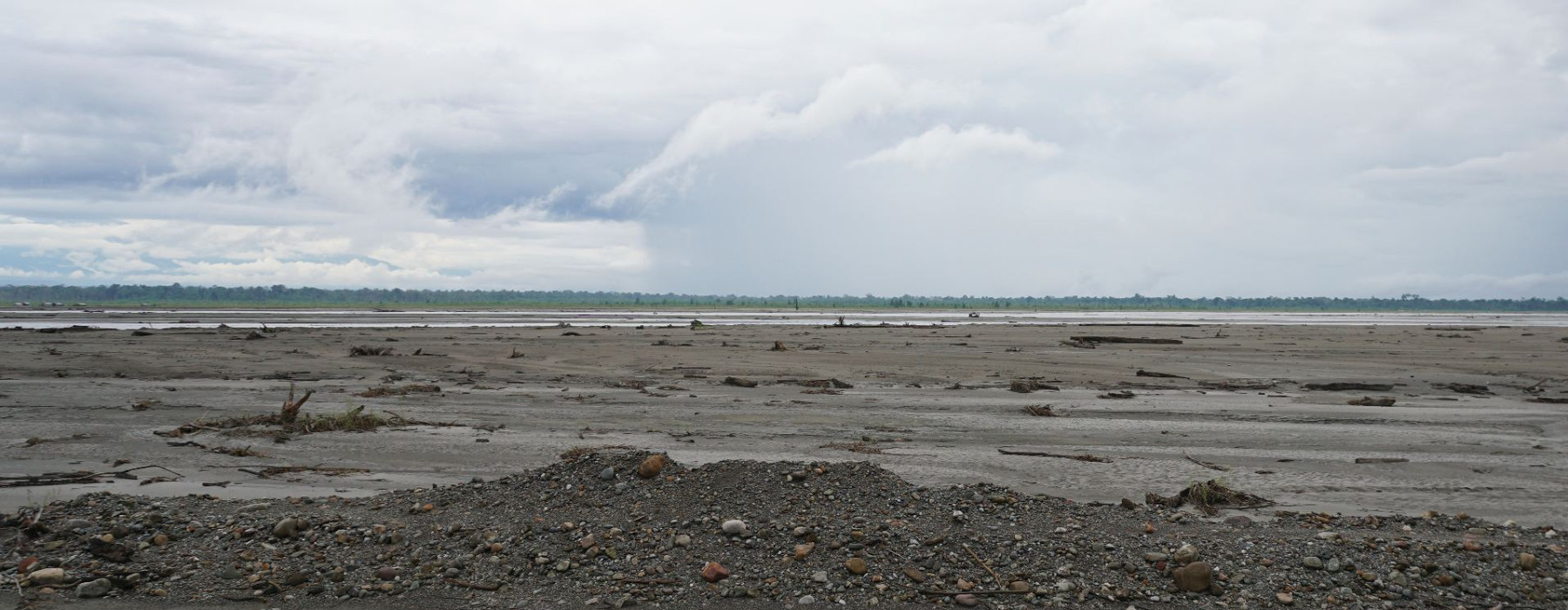
In times of war and conflict, it is not only people who are affected — the landscape also suffers. Plants, trees and entire ecosystems are damaged or disappear completely. This meeting at the Wereldmuseum Leiden invites you to reflect together on the forgotten ecological consequences of violence and oppression.
We will explore the links between climate justice, war and decolonisation, and discuss topics such as:
- Ecocide as a result of colonialism
- Current ecocide — Papua
- Unseen ecocide
